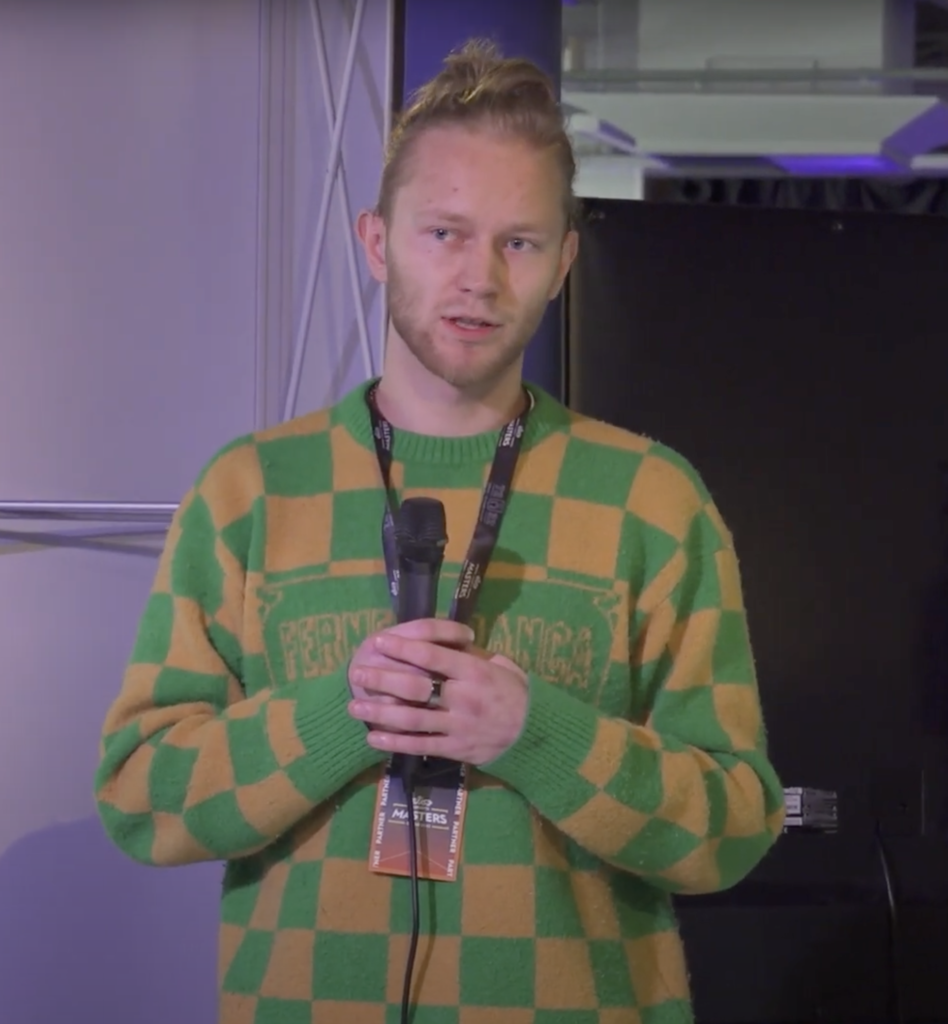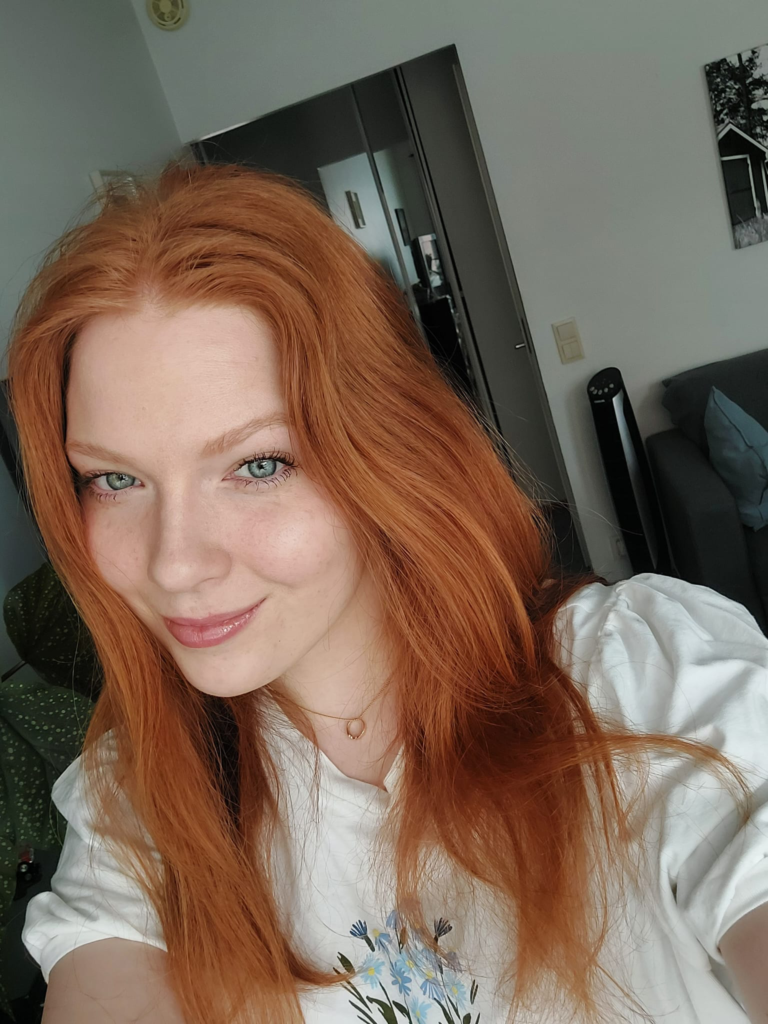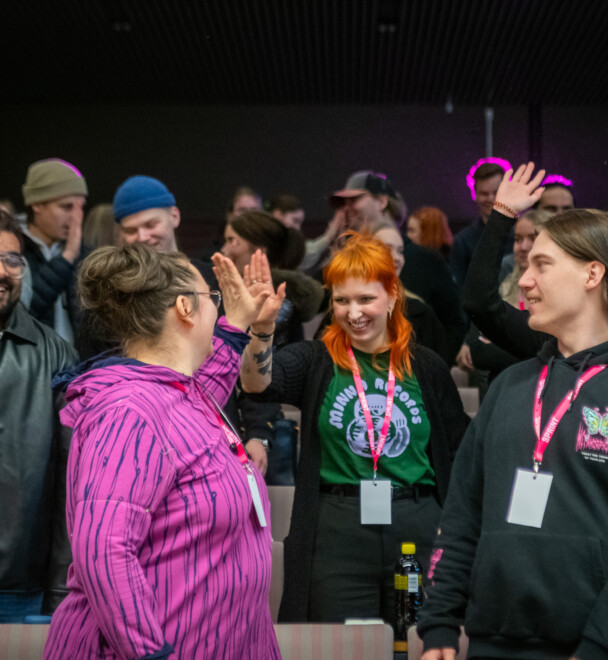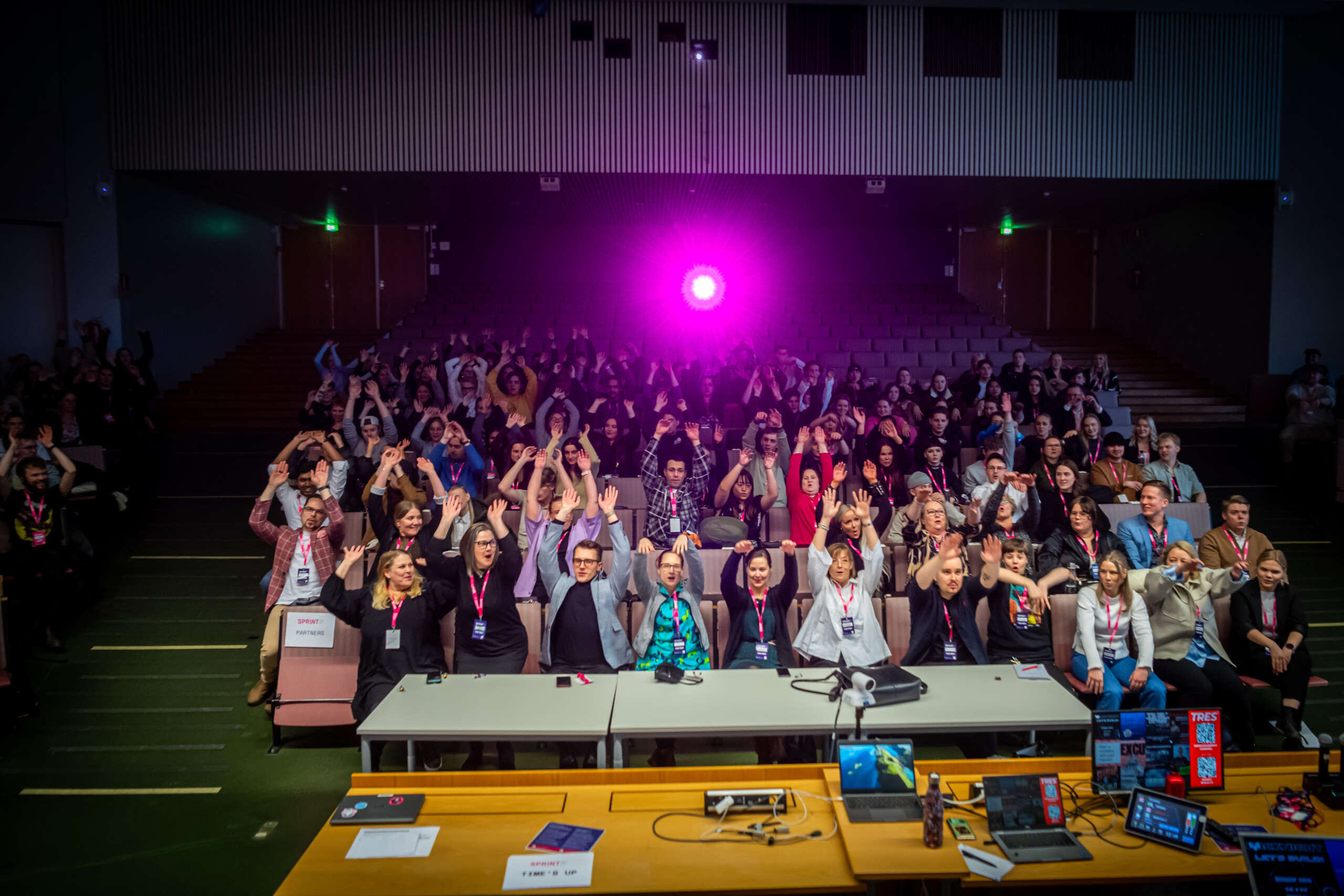
You can’t always succeed – Even the most promising ideas sometimes fail
In the spring of 2022, HUBS awarded five scholarships to students with promising business ideas. One of the scholarship recipients was Aamos Heikkilä, who is studying economic sciences. Although the implementation of the business idea was already well underway when the scholarship was awarded, not everything went exactly according to plan. In the summer of 2022, the project was put to hold.
What was the business idea?
The aim was to create a ticketing platform targeting small event organisers in particular. The platform would have been based on NFT technology, which would have enabled the safe resale of tickets through consumers. In addition, consumers would have had the opportunity to earn money through ticket sales by sharing the event with others; any purchase made through a link shared by the consumer would earn part of the ticket price. This way, the marketing of tickets would have been safe and economical for the event organisers as well: only successful marketing would incur costs.

What happened?
What happened then? Before receiving the scholarship, the project had already been worked on for almost six months. However, the final business idea took shape and changed several times along the way. However, when the scholarship was awarded in the spring, it was time to finalize the plans. We set out to plan how the idea would be taken to market. This is where the first problems began to arise.
First of all, the application needs a platform that works. However, finding a suitable coder turned out to be difficult, even though there were candidates.
Despite interviewing coders, a suitable person could not be found. Project already had a partner in India, but the code would have cost thousands of euros, if they had gone with them.
Aamos and partners surveyed the market and identified potential competitors. When conducting research, they noticed that the competition in the field was enormous. The situation began to seem hopeless. Even if the idea had received funding and a working platform, the competition would have been so great that it would not have been profitable to run the company. Marketing costs would have become too high due to fierce competition, and even aggressive marketing would not have guaranteed success. At the same time, the money slowly began to run out.
Despite everything, Aamos thinks that their service would have been better than its competitors. Unfortunately, the business world is relentless: it would have been easy for a large company to copy the features from the app that made it better from its competitors.
In the end, the business idea did not carry because of fierce competition and financial problems.
What lessons did you learn from failure?
“The project as a whole was a long learning process” Aamos says.
Financial planning, in particular, emerged as a great learning experience. Aamos advises that you shouldn’t use money on unnecessary expenses until you have a sale. Here, among other things, mistakes were made: large amounts of money had already been spent before the possible first version of the application.
The project taught me a lot about the use of money and the planning of expenses. In addition to managing finances, Amos recommends that you also pay attention to contractual matters. In the business world, making contacts and networking are important skills. However, it is worth thinking about the exact person you want to work with and make sure that everyone is committed to their work.
Aamos highlights brainstorming as the best step in developing a business idea. However, he stresses that once you have a vision, you have to stick to it and forget about the extra ideas. To begin with, it is good if there are as many ideas as possible. However, once a good idea has been found, it is worth sticking to it: “You have to trust your idea. ” This way, the work remains purposeful.
Aamos’ tips for a starting entrepreneur
- Be strict about expenses.
- Remember to ask for help! For example, there is always support for accounting matters.
- Trust your own idea.
- Network, chat about your idea.
- Think about your own values as an entrepreneur.
- Remember that the purpose of a company is always, in principle, to serve customers!
Go through your own values. If the goal is only to make money, then it is easy to go from where the fence is the lowest. And then things go wrong.
Aamos Heikkilä
Aamos’ three entrepreneurial values
- Integrity
- (Customer’s) benefit
- Sustainability
Text: Anni Pietikäinen
The author is a student of Finnish language at the University of Tampere.
The text was written in connection with the course of literary science “Rahan takii”. The course looked critically at the narrative style typical of entrepreneurial stories. This evolved into the idea of “failure stories”, which would renew and diversify the image of entrepreneurship. The purpose was to tell a different story, which would also concretely highlight the risk factors of entrepreneurship, but without killing hope and enthusiasm.

Stories

I was surprised by everything I could achieve – Helena’s best Sprint lessons
In this blog, Helena shares practical lessons, surprises, and insights from the Sprint Innovation Festival from the perspective of a participant!

How could a humanities student benefit from entrepreneurial skills?
Discover the perspectives of our student team on entrepreneurial skills from the viewpoint of humanities and social sciences students!

Toward a more Humane Working Life Through Entrepreneurship? Sprint Partner Kasvussa Oy’s story
Why is participating in the Sprint Innovation Festival as a working life partner important for Kasvussa Oy? Founder Noora shares her thoughts!